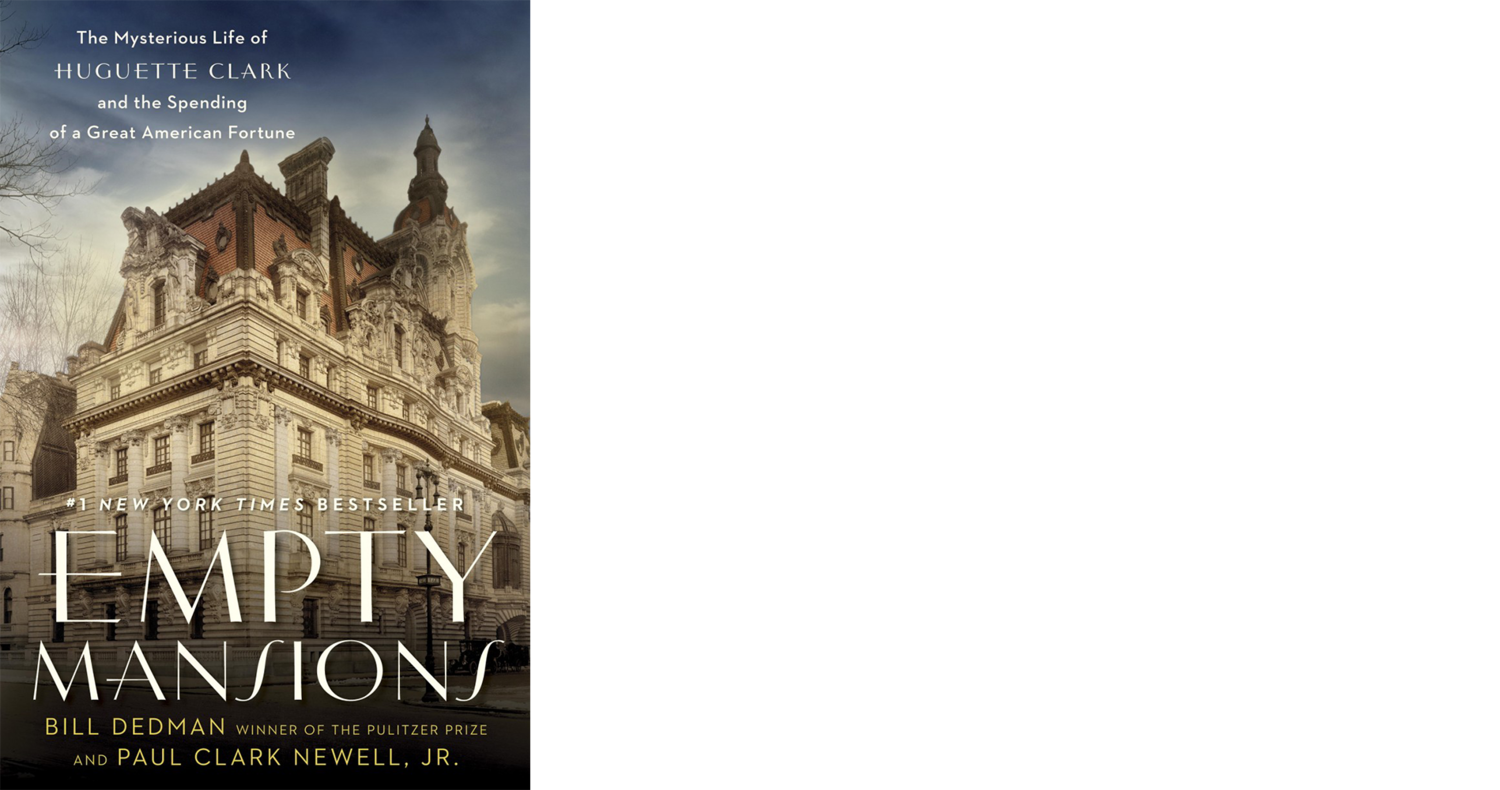File this one under Pyrrhic victories: Tonight when the auctioneer's hammer comes down at Christie's in Rockefeller Center, the Corcoran Gallery of Art in Washington, D.C., will know how many millions it gave up by opposing the last will and testament of a longtime benefactor, the reclusive heiress Huguette Clark, the heroine of "Empty Mansions." Under Clark's will, the Corcoran would have received her Monet "water lilies" painting, with an estimated value of $25 million to $35 million. But the Corcoran opposed her will, siding with relatives who said she was incompetent and coerced. In the settlement, the Corcoran gets from the Monet only $10 million, plus half of whatever price it sells for beyond $25 million. So let's do the math for the Corcoran: If the Monet sells at $35 million, the Corcoran gets $10 milion plus half of ($35 million minus $25 million), for a total of $15 million from the painting. That's a loss of $20 million for a museum in financial difficulty. Now, the Corcoran does get the cash, not a painting that under usual accreditation rules it wouldn't be able to sell to fund operating expenses. But this money is going to a museum that is in effect already defunct, as it has decided to disperse its assets, including Huguette's father's art collection, to the National Gallery of Art and elsewhere. It's a curious situation. Imagine if the Corcoran were not giving up the ghost: What message would it send to donors: "Hey, if you leave us money in your will, we might oppose it, throwing in with the relatives you cut out of the will."http://investigations.nbcnews.com/_news/2014/01/31/22513322-tour-recluse-huguette-clarks-art-collection-viewing-days-set-at-christies-new-york

